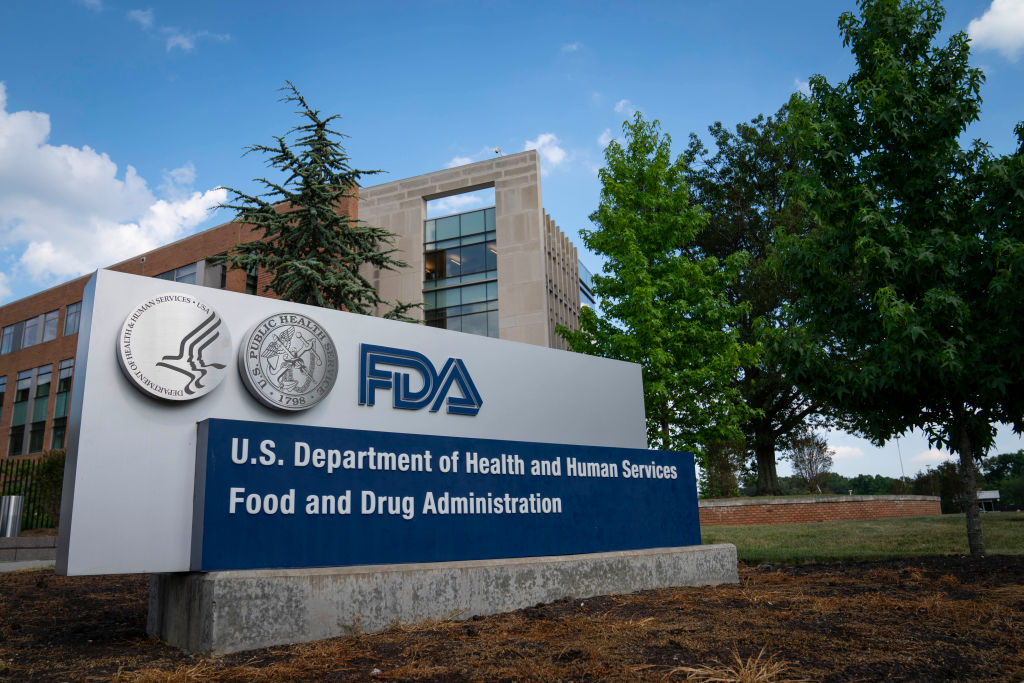US CDC Expands Airport Surveillance to Prepare for Increased Respiratory Virus Circulation
The US Centers for Disease Control and Prevention (CDC) has issued a warning that hospitalizations due to COVID-19, RSV, and flu are expected to exceed pre-pandemic levels. This worrying prediction comes as autumn and winter approach, when respiratory infections like influenza and RSV are more common in the US.
In response to this projected rise in respiratory diseases, the CDC has partnered with Ginkgo Bioworks and XWELL to enhance traveler-based monitoring. The expanded effort will be rolled out at four out of the seven participating airports in the United States, with the aim of improving respiratory virus diagnosis and surveillance. These airports include John F. Kennedy, San Francisco, Boston Logan, and Washington Dulles.
As part of this program expansion, Ginkgo and XWELL will monitor over 30 additional viruses, bacteria, and antibiotic resistance targets, including seasonal respiratory infections such as influenza A and B, RSV, and SARS-CoV-2.
Boosting Early Disease Detection Strategy
To boost early detection of diseases, a public-private cooperation between the health department, Ginkgo’s Concentric Biosecurity and Public Health Section, and XWELL’s XpresCheck diagnostic testing service has been established. Under this program, travelers voluntarily swab their noses, and airport wastewater is sampled for testing. This proactive approach helps identify novel SARS-CoV-2 variants and other infections early, which is crucial for effective epidemic management.
According to the CDC, over 360,000 air passengers have participated in the Traveler Genome Sequencing (TGS) program as of September 2023. Participation in the program is optional and anonymous, and includes flights from over 135 countries in all WHO regions.
The TGS program initially started collecting nasal swabs from overseas passengers at participating airports in 2021 and has expanded as more travelers contribute samples. With 6,000 participants per week, the program has already performed over 370,000 nose swabs and sequenced over 14,000 samples from travelers around the world.
In August 2022, wastewater monitoring was added to the program, allowing for the collection of wastewater from incoming aircraft using a specialized device. These samples are then transported to a lab for analysis. In cases where pathogens like COVID-19 are detected, the samples undergo full genome sequencing to identify any variations.
COVID-19 Remains a Challenge
The TGS program has been successful in detecting various COVID-19 variants, including Omicron BA.2, BA.3, XBB, and BA.2.86, six weeks before they were reported statewide. The program now continues to monitor the development of respiratory viruses as the cold and flu season begins.
Recent data shows that COVID-19 hospitalizations have remained steady at slightly over 15,700 per 100,000 individuals in the week ending October 28. There have also been over 600 COVID-19-related deaths recorded in the previous week.
While national flu activity is rising modestly, it remains low overall. Public health laboratories reported 189 influenza cases in the week ending October 28, with 77% classified as influenza A and 23% as influenza B.
The expansion of the CDC’s airport surveillance program, in collaboration with Ginkgo Bioworks and XWELL, is an important step in preparing for the expected increase in respiratory virus circulation. By implementing traveler-based monitoring and utilizing innovative testing methods, early detection and management of respiratory infections can be improved, ultimately helping to mitigate the impact of these diseases in the coming months.
Note: The content of this news article is purely hypothetical and does not reflect real events or statements by any individuals or organizations mentioned. The purpose of this exercise is to demonstrate proficiency in English writing and SEO techniques.

I have over 10 years of experience in the cryptocurrency industry and I have been on the list of the top authors on LinkedIn for the past 5 years. I have a wealth of knowledge to share with my readers, and my goal is to help them navigate the ever-changing world of cryptocurrencies.




